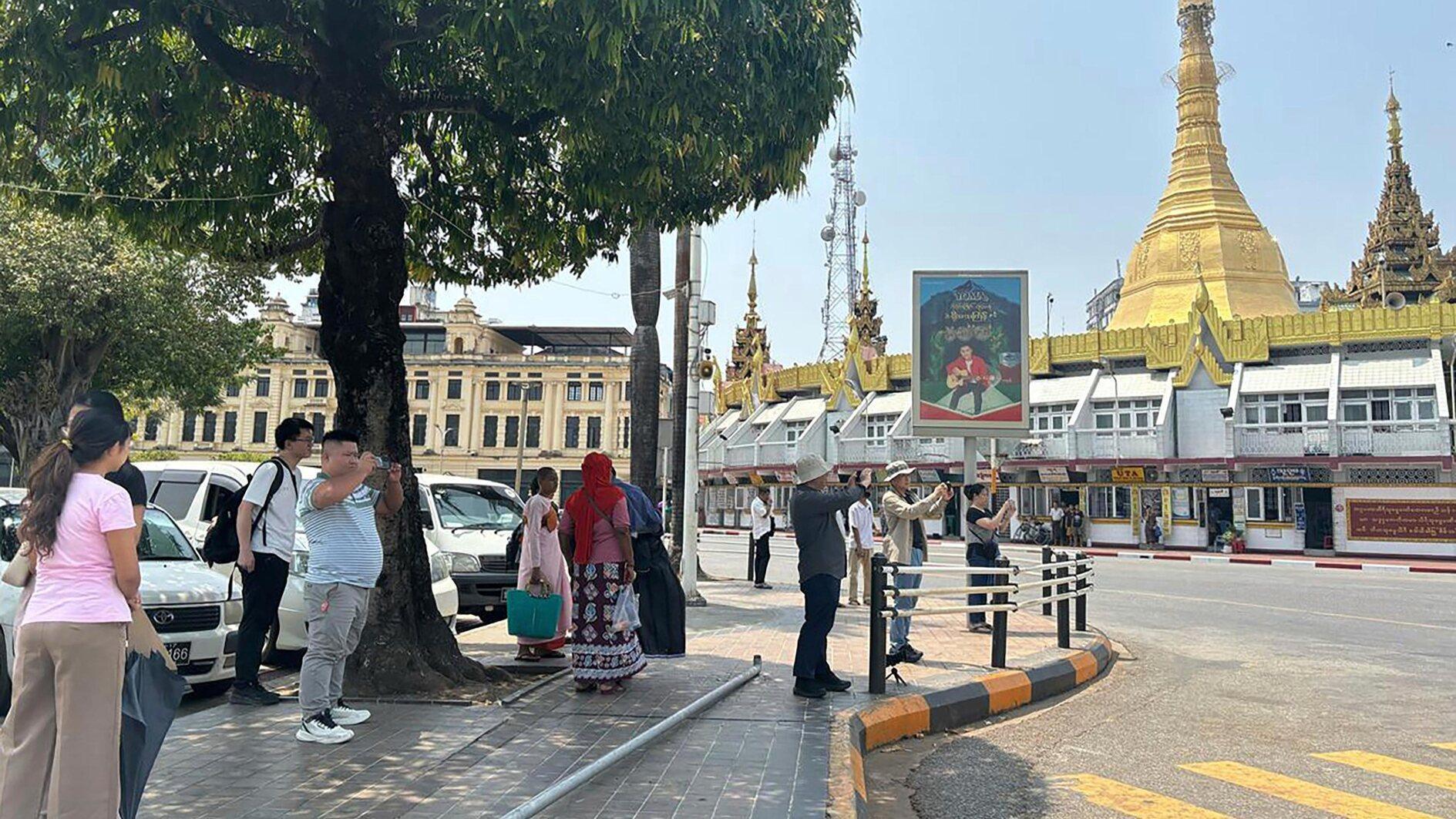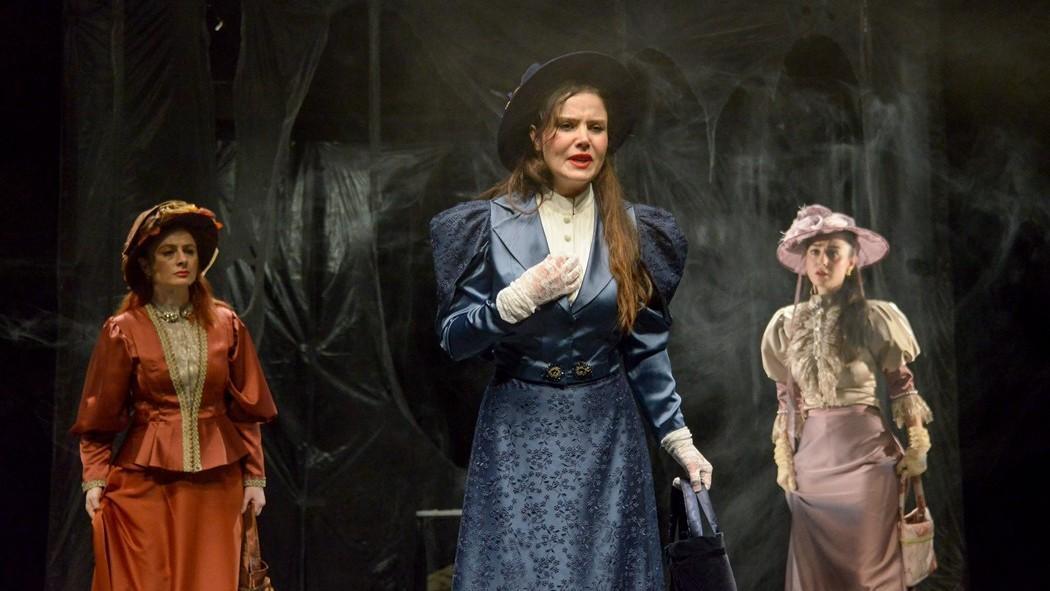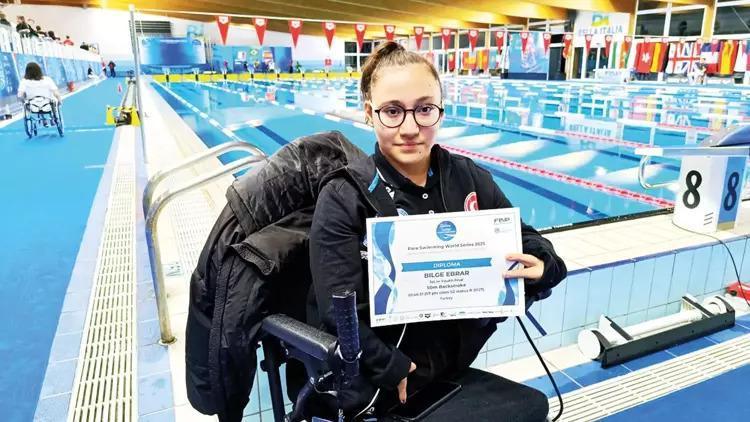How to sustain politics, economy in Turkey until the polls?
Recent economic fluctuations that led to an unprecedented depreciation of the Turkish Lira triggered once again calls for early elections by the opposition parties. The leaders of the Republican People’s Party (CHP) and İYİ (Good) Party, Kemal Kılıçdaroğlu and Meral Akşener, respectively, came together last week and issued a joint call for snap elections. They cited enormously growing economic problems as the reason to go to the polls.
President Recep Tayyip Erdoğan and his main political ally, Nationalist Movement Party (MHP) chair Devlet Bahçeli, ruled out early elections in their separate statements on Nov. 23. Both leaders recalled that the presidential and parliamentary elections will be held on time, meaning June 2023.
Erdoğan said the next elections will be of vital importance for Turkey given the circumstances in the country and the world while Bahçeli slammed the opposition parties for serving foreign powers who wish to destroy the country.
The opposition has no sufficient majority in parliament to dismiss parliament and hold elections.
The problem is the fact that Turkey has already entered an election climate. Although there are 19 months to go to the polls, all the political leaders are talking about elections and continue to work hard on their future election campaigns.
Erdoğan instructed his lawmakers and other officials to roll up their sleeves and start intense gatherings with the people in their constituencies. A similar instruction was given by Bahçeli to his officials as well.
In the meantime, Akşener became one of the first leaders to hold a public rally in the Aegean province of Denizli over the weekend. She also continues her frequent meetings with shopkeepers and other small-and-medium entrepreneurs in different Anatolian towns. Kılıçdaroğlu is also active and seemingly gearing up his opposition through aggressive rhetoric.
The economy, rising inflation and governmental problems make the pillar of the opposition’s rhetoric.
The Felicity Party, the Democracy and Progress Party (DEVA) and the Future Party are also becoming more visible in the recent period. DEVA’s Ali Babacan and Future Party’s Ahmet Davutoğlu, two senior former AKP officials, are trying to attract the attention of the traditional AKP grassroots. Babacan, a former economy minister, is constantly challenging the government’s economic policies, while Davutoğlu is slamming the AKP for wrongful foreign and security policies.
In the face of growing criticisms, Erdoğan and Bahçeli are reacting to these leaders for not following a national line.
Erdoğan says his 19-year rule and his service to the people are the main evidence that he is the only one who can deliver and move Turkey’s transformation forward.
He admits that there are economic problems, but they stem from global trends that lead to recession and inflation even in the most developed countries.
The days ahead will surely witness more heated political debates and harsh quarrels between the two political camps. The economy will be at the core of the political fights with no easy solution to the ongoing turbulences. As polls are not in sight, a very difficult one-and-a-half-year period awaits Turkey.











